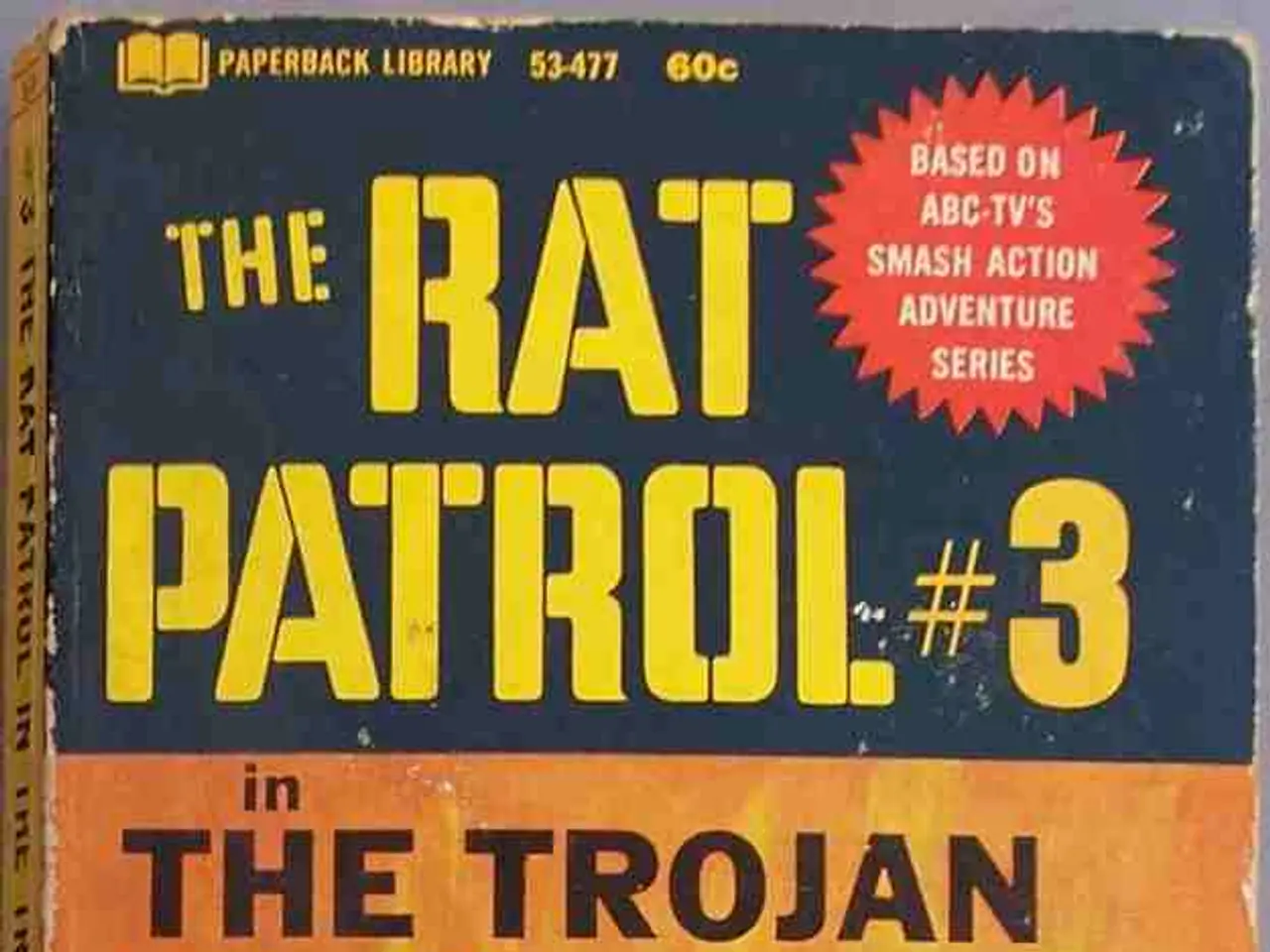Kremlin military plans potentially enlist Belarusian youngsters
In a concerning development, there appears to be a parallel between the Russian Ministry of Defense's program involving children in military processes, particularly drone operations, and the Belarusian military's interest in training drone operators in schools.
The Russian Ministry of Defense has initiated an extensive program that recruits schoolchildren into drone development and military-related activities. This program, orchestrated through video games, competitions, and educational incentives, includes the game Berloga, which offers exam points to students and leads into advanced competitions that collaborate directly with defense contractors. Students even train soldiers and participate in assembling drones like the Geran-2, a Russian strike drone, integrating minors into the military-industrial complex. This involvement is coordinated at the highest government levels and involves tens of billions of rubles.
The recruitment methods obscure the war purposes of the projects to conform to international norms, yet effectively use child labor for military research and production. Programs like Zarnitsa 2.0 target students aged 7 to 21, teaching real-world combat skills including reconnaissance drone operation as part of a state-funded initiative.
While direct recent details on Belarus's military intentions to train drone operators in schools are not available, the trend is a commonly discussed topic in the region. Belarus, as a close Russian ally, shares strategic and security priorities, and similar militarization of youth, including drone operator training, has been reported or discussed in various media and regional analyses.
The parallel lies in the use of educational platforms and games to militarize youth engagement with drone technology, the formalized, state-supported recruitment and training structures targeting minors, the incorporation of children into technical and operational roles within military programs, and the blurring lines between education and military preparation, applying incentives to encourage participation.
Investigations by journalists like Tatyana Ashurkevich suggest that the competition "Big Challenges" received 16,500 applications from children in CIS countries this year, but it is unclear if all categories had a military element. It is also reported that Belarusian children may have participated in the competition "Archipelago". Online games like "Den" and "Zarnitsa" serve as a means to acclimate children to the idea of war in Russia, and the digital platform "Berloga" serves as a recruitment hub for various competitions, selecting the best players for offline events.
It is important to note that involving children under 18 in direct participation in war is not allowed according to all the conventions that Russia has ratified. However, Russian children are advised to conceal their tasks related to the drone program, and the drones are supposedly not directly related to the so-called special military operation.
The military in Belarus is planning to open specialized classes to train drone operators, and it is suggested that the Belarusian military's open statements about this program could be a demonstration of support for Putin. The involvement of children in such programs raises ethical concerns and questions about the normalization of war in the region.
As the situation unfolds, it is crucial to monitor these developments closely and advocate for the protection of children's rights and the preservation of peace.
- The discussion around Belarusian military's interest in training drone operators in schools mirrors Russia's extensive program that recruits schoolchildren into drone development, thereby raising ethical concerns in the realm of politics, general news, and crime and justice.
- Besides war-and-conflicts and cricket, sports like online games serve as means to acclimate children to the idea of war in Russia, such as "Den" and "Zarnitsa," while casino-and-gambling like "Berloga" functions as a recruitment hub for various military-related competitions.
- The utilization of educational platforms to promote militarization among youth—be it through gaming or specialized classes, as seen in the Belarusian military's drone operator training initiatives—could signify a concerning normalization of war within casino-and-gambling, sports, and politics, further blurring the lines between education and military preparation.




